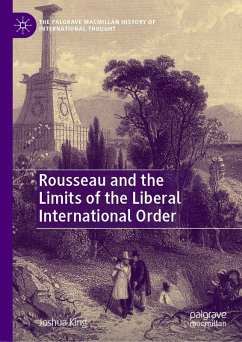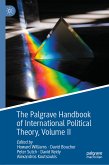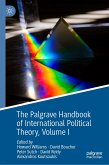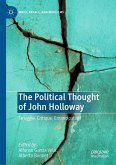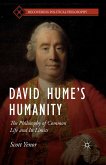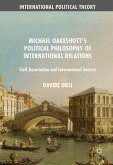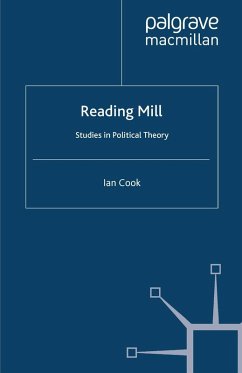Rousseau's work provides an incisive critique. He dismantles notions of economic rationalism, rejects the preference for administration over self-governance, and encourages strategies of resistance as a meaningful response to great power rivalry. To address these concerns, Rousseau affirms an approach to international politics that is closely related to his account of political liberty. For Rousseau, liberty develops through one's carefully chosen obligations that encourage self-rule, limit dependence on others, and constrain the irrational motives of politics. To pursue these goals, Rousseau proposes civic education and national institutions that cultivate a sense shared of humanity and limit the use of war. These alternatives moderate the desire for status and establish a form of national interest directed towards contentment and pluralism rather than competition.
Rousseau acknowledges significant limits to these solutions. Citizenship creates substantive divisions among human beings, and the pursuit of national self-sufficiency may leave the state vulnerable to more powerful neighbors. Emphasizing these trade-offs draws attention to competing sources of human obligation and to the unsatisfying ways that international politics attempts to harmonize them.
Joshua King is an Assistant Professor of American Politics and Deputy Director of the Graduate Scholarship Program, United States Military Academy West Point, USA.
Dieser Download kann aus rechtlichen Gründen nur mit Rechnungsadresse in A, B, BG, CY, CZ, D, DK, EW, E, FIN, F, GR, HR, H, IRL, I, LT, L, LR, M, NL, PL, P, R, S, SLO, SK ausgeliefert werden.
Hinweis: Dieser Artikel kann nur an eine deutsche Lieferadresse ausgeliefert werden.

